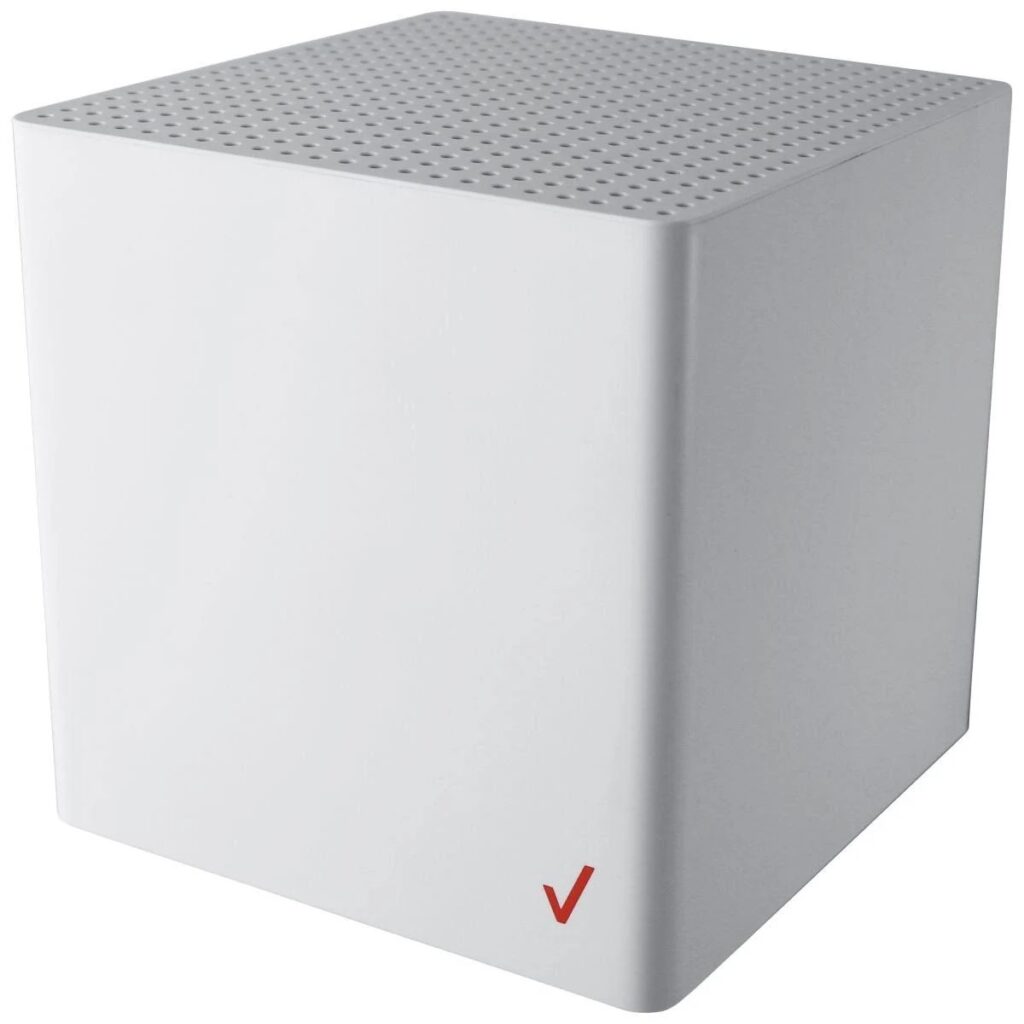Verizon 5G Home Internet uses wireless 5G technology to deliver affordable home internet service to rural markets, with 5G Ultra Wideband technology (and its faster speeds) available in an increasing number of areas.
Verizon’s 4G LTE and 5G Home Internet services aren’t your average internet services. Rather than using wired connections or satellite internet, they use the same tech as your cell phone’s wireless connection to provide home internet. And with the help of the Verizon Internet Gateway, you can use Verizon’s wireless network just like standard home Wi-Fi.
Can Verizon 5G Home Internet replace your cable or fiber connection? Is it better than satellite? Let’s find out.



